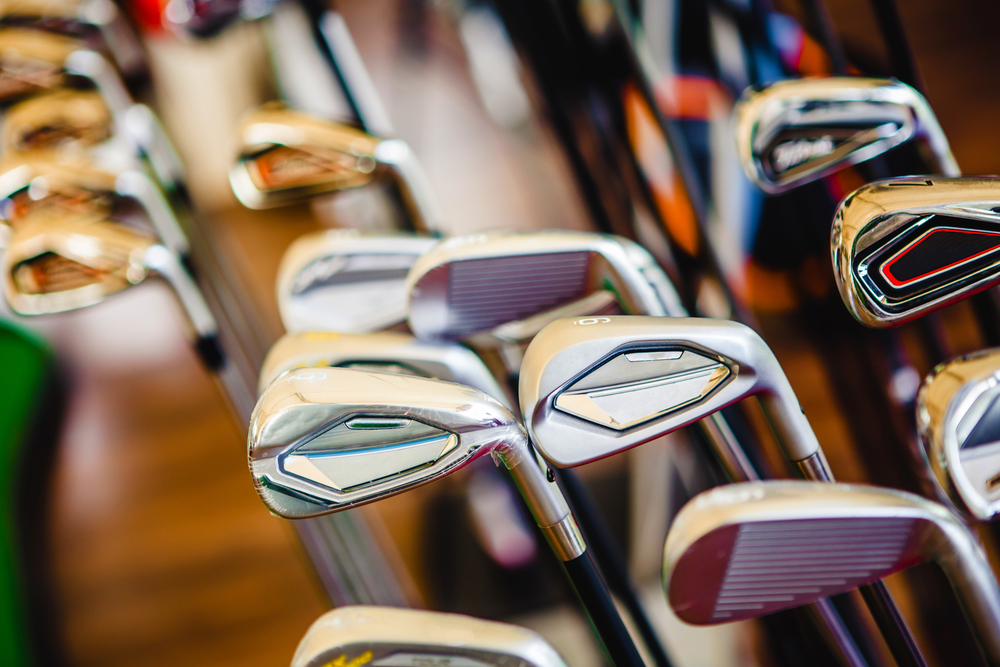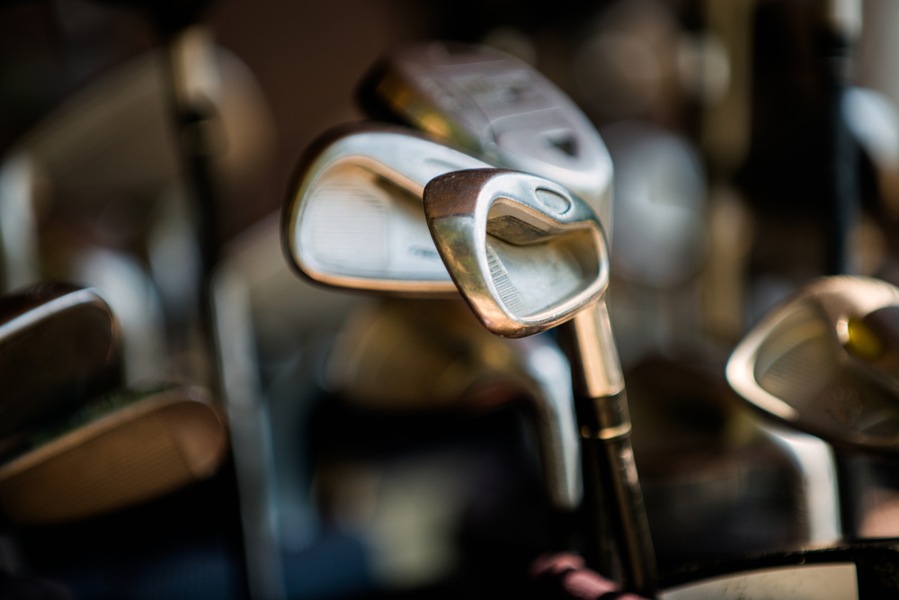How Long Do Golf Clubs Last?
Like most things in life, golf clubs have an expiration date. If you are an avid golfer, after some time you may realise that your clubs might not work like they used to. It is at this point that you may want to think about replacing your golf clubs. But before forking out for a new set of golf clubs, how long should they last before you think about replacing them?
How long do golf clubs last?
In short, the lifespan of modern golf clubs can be anywhere from three years, to a lifetime if repairs are made. However, the longevity of your golf clubs is entirely dependent on how frequently you play and how well you care for your clubs.
Understandably, golf clubs do wear out over time and at different rates, because some clubs are used much more than others. Generally speaking, wedges and your golf driver will be the first to go from a set of golf clubs. For instance, wedges need to be replaced because the grooves will wear out, and drivers can lose impact if you hit them frequently on the range and course. On the other hand, long irons may last for many years as they are rarely used. Equally your putter, for example, isn’t going to wear out very quickly and, if cared for properly, it could last the rest of your golfing life.

In comparison, back in the day, golfers would expect a club to last a short period of time as the various materials used in golf clubs and golf balls were simply not hard-wearing enough. Shafts were often made out of hickory and balls were wooden too, meaning golf equipment was prone to breaking. It wasn’t until ‘softer’ balls were engineered by golf manufacturers, that clubs began to last significantly longer. But as technology has advanced, club shafts, heads and grips became much stronger and resilient for the golf course. As a result, the lifespan of golf clubs increased considerably, increasing from a few rounds to as much as 20 years.
So, the key is, if you are perfectly happy with the performance of your clubs, there is simply no need to replace them. You can expect them to do the job for countless rounds of golf on the course. Instead, you should be purchasing new equipment based on the needs of your own current set and improving when necessary: when you outgrow your clubs, or they break. It is, at this point, that purchasing new clubs is necessary, as they are not only detrimental to your game, they could be downright dangerous to play with – especially on the golf course.
How frequently do golfers replace their clubs?
As tempting as it may be, golfers should avoid replacing golf clubs as soon as new collections and improved technology are unveiled, in an attempt to better their game. We spoke to keen golfer, Nigel Potter, who learnt the hard way that swapping and changing clubs so frequently had an effect on his game.
He said, “I began to realise first-hand just how detrimental it was to my game and progression. From a young age, I always heard people saying that you should keep your clubs for at least 2 years, but I assumed this was to avoid spending too much money – I didn’t understand how it could have a negative effect on my game.”
To find out more about how often golfers typically use their clubs for, Golfsupport.com ran a poll asking 1,178 golfers in the UK how often they replace their golf clubs. The results found that golfers typically change their clubs after hitting the four-year milestone – with some even having clubs 10 years after their purchase date!
The results are:
- 7% replace their clubs every 12 months
- 2% replace them every 2 years
- 17% change them every 3 years
- Almost a third (31%) change their clubs every 4 years
- Almost half (43%) change their clubs after 4 years

How can you make sure your golf clubs last?
Clubs that are treated with a bit of tender, love and care are more likely to fair well and last for a number of years, in comparison to those used frequently and often found covered in mud or sand. So, how can you ensure you are treating your golf clubs well to ensure they last as long as possible?
Tips to increase your golf club’s expiry date:
- Clean them after each shot using a useful wet and dry towel or, at the very least, after a round of golf
- Use a metallic brush to keep any dirt out of the grooves in your irons
- Use a plastic brush to clean your metal clubs
- Consider changing your club grips each year
- Use head covers when the clubs aren’t in use
However, bear in mind, that it’s not always down to the condition of clubs that may require you to stick your hand into your wallet. Personal improvements can have an impact on your playing ability and may require you to change your clubs to complement your game.
If you think your game has improved, consider booking yourself in for a club fitting, as your fit can change over time. Ideally, you should make sure your clubs are keeping up with those changes, to ensure you are getting the most out of your game. For instance, if your swing speed has improved as a result of increased fitness, you might need to change your shaft.








